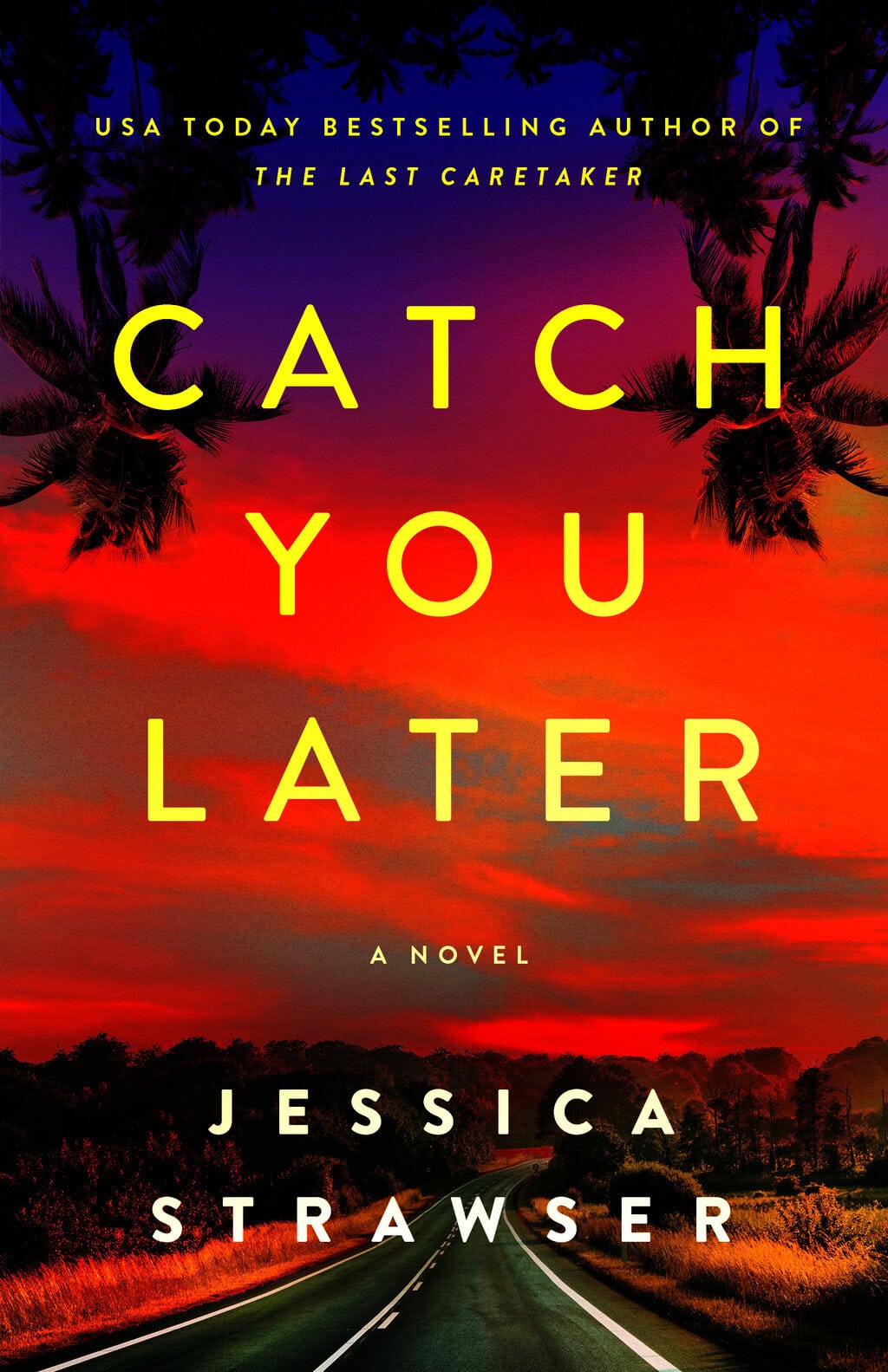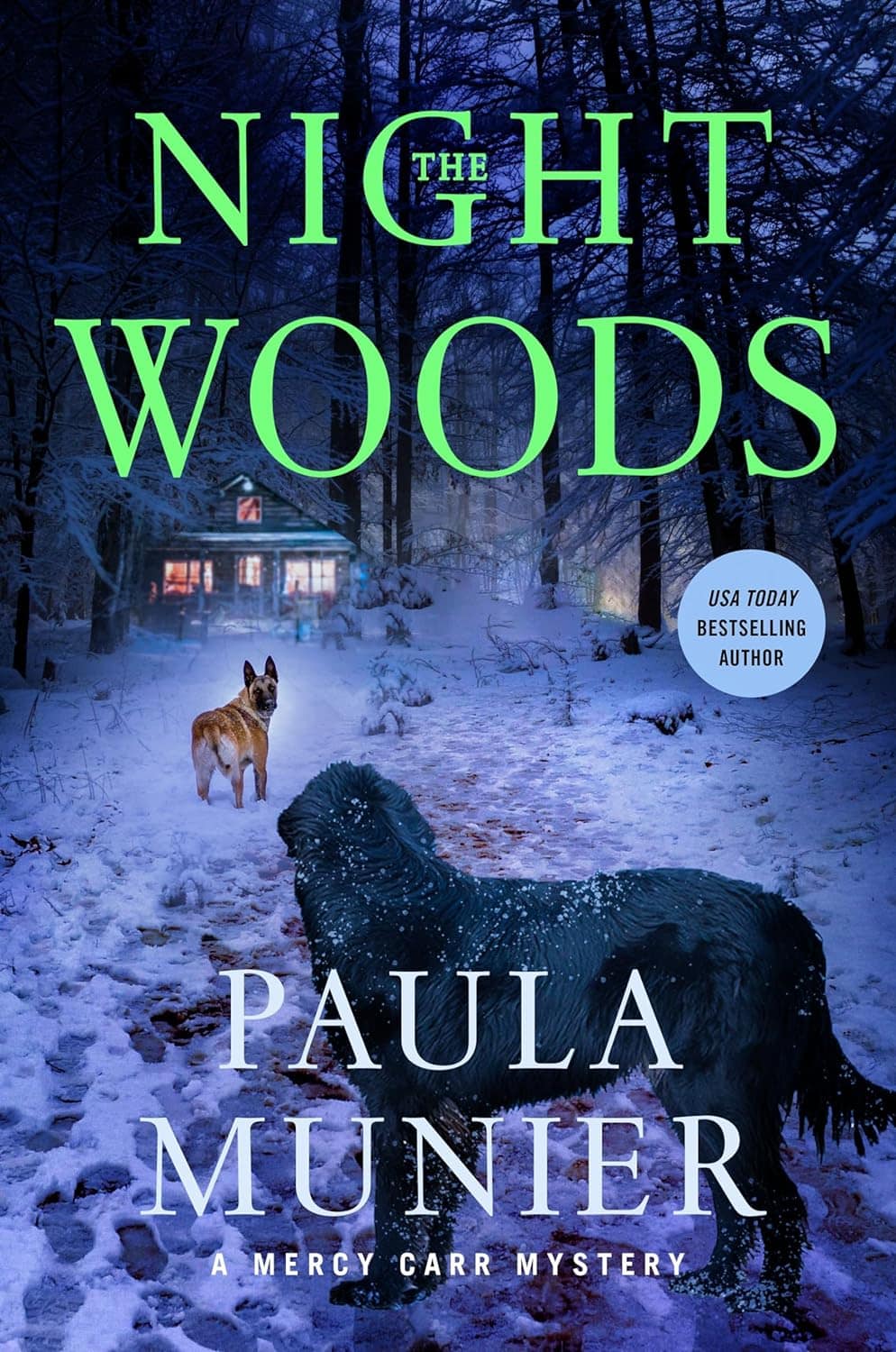Revising is something that all authors do, no matter what genre you write or where you are in your publishing journey. Sometimes an agent or editor is the guiding force behind the changes, but there are more times when the writer is alone with their manuscript, trying to assess how to make it better. These are some of the details I regularly consider with my own manuscripts—and though I write primarily psychological thrillers and psychological horror, the following tips aren’t genre specific.
STRENGTHENING THE STORY:
Is there enough tension?
Tension is a byproduct of conflict, and it’s necessary in all genres—especially if you want readers to keep eagerly turning the pages. Tension keeps the reader on edge and involved, and to achieve it you need to continually have various things, on various levels, that are unresolved. The most obvious may be “What’s going to happen next?” But even little things can be effective: “Why did she react like that?” or “Who/what is _____?” Tension also exists when characters disagree with each other. One of the most helpful tips I ever got was to limit writing agreeable conversations.
Have you left all the good stuff in your head?
This might sound silly, since you, the writer, know why/where each scene is taking place, and see it in your head in its entirety. But one of the author’s challenges is to determine how much detail to give your readers. Too much description will be boring for some people, but too little can make it hard for others to “see” the scene. This applies to places, people, backstory, objects, weather, sounds, scents, etc. What do you need your readers to see and know to fully appreciate the situation?
Writing “in scene” is more active
This is a practical way of saying “show don’t tell.” Every book is a combination of summarizing (which is more passive) and writing “in scene” (which is more active); the trick is to get the right balance. In general, you want your most interesting, dynamic, pivotal story elements to be written “in scene.”
PERFECTING THE WRITING:
Consider dialogue
Are there places where it’s too explanatory? Are there conversations that don’t contribute much to plot or character and could be a bit shorter? Conversely, are there places where you can use more dialogue to convey character details or make a scene feel more realistic? Do certain characters have “pet” expressions or certain ways of speaking? Can you find places to replace “he said/she said” with bits of meaningful action or internalization?
Consider individual words
Are there certain words/phrases you fall back on too often? Are there stronger, more expressive verbs you can use? One thing a copyeditor will do is look for nouns/verbs/adjectives that are repeated in close proximity to each other—but you can try and be aware of these, too. I also regularly use the Find feature in Word to check on words—common or unusual—that I might have written a few times too many.
Make sure every sentence reads just as you want it
I live by the rule “When in doubt, cut it out.” If any sentence makes me stop and say “Hmm?” then I know something needs to be tweaked. I also highly recommend being on the lookout for unclear uses of she/he when you have multiple same-gender people in a scene. These tips won’t magically erase the biggest issues in a story, but they will go a long way toward polishing your manuscript. And over time, you’ll become more aware of these elements and fixing them will become second nature.
What powerful steps do you take to polish your manuscript? Let’s talk about it on the Career Authors Facebook page!
 Zoje Stage is the USA Today and internationally bestselling author of BABY TEETH, WONDERLAND, GETAWAY, MOTHERED, and the brand new DEAR HANNA, now the Number 1 horror/suspense novel on Amazon. She
Zoje Stage is the USA Today and internationally bestselling author of BABY TEETH, WONDERLAND, GETAWAY, MOTHERED, and the brand new DEAR HANNA, now the Number 1 horror/suspense novel on Amazon. She  lives in Pittsburgh with her cats.
lives in Pittsburgh with her cats.





